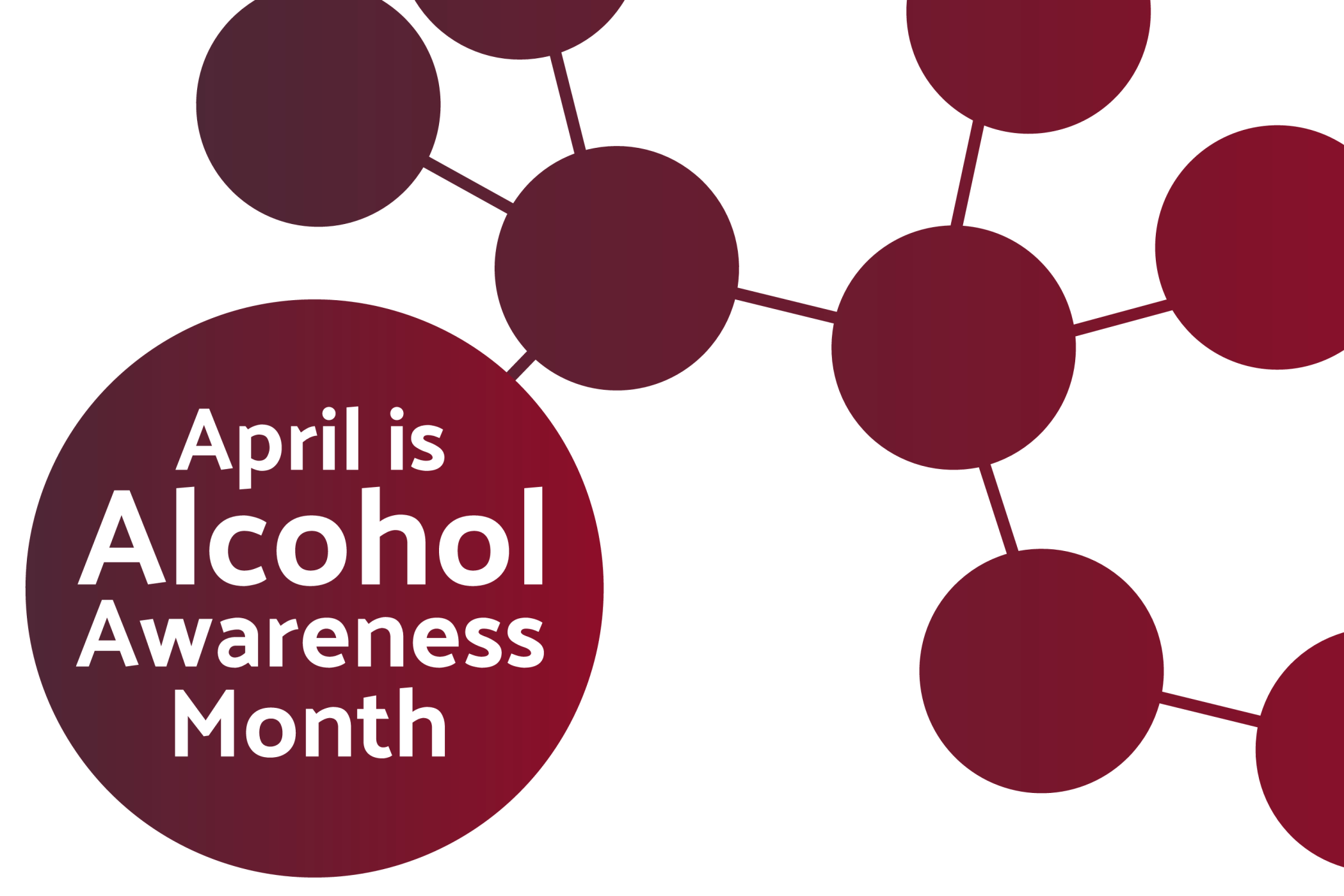Is My Teen Experimenting With Alcohol?

For many teens, as they get closer to adulthood, they’re in a hurry to experience grown-up things, like alcohol. For parents, as your teen pushes boundaries, it’s common for you to be concerned about underage drinking.
Experimenting with alcohol should not be considered a rite of passage or just something that teens are going to do. The negative consequences of alcohol on the teenage brain can have long-lasting effects, which could “wire” their brain for alcoholism. Studies show that teens who start drinking before age 15 have a 40 percent chance of becoming an alcoholic compared to a 7 percent chance for someone who waits until they’re 21.
Before you bring up the subject of underage drinking with your teen, it may be helpful to understand why some teens drink alcohol.
Why Do Teens Experiment With Alcohol?
There are many reasons why teens choose to drink alcohol. They may be trying to escape the stress of school, or they’re self-medicating to cope with symptoms of anxiety, depression, or other mental health disorders. It’s important for parents to remember that teens may be experimenting with alcohol because they’re in pain and don’t know how to ask for help.
Other reasons why teens decide to drink could be as simple as they’re bored and made a dumb decision, or they felt pressured to drink by their friends and are trying to fit in. You can be a good resource to help your teen brainstorm ways to avoid alcohol without feeling judged by their friends. For example, your teen can volunteer to be the designated driver or say they need to study for a big test the next day and won’t have a productive study session while they’re hungover from a night of drinking.
There are many reasons why teens drink. As parents, it’s your responsibility to figure out whether it’s just curiosity about alcohol or if there’s a bigger problem that you need to help them solve. Knowing the facts about underage drinking will help you become a trusted resource for your teen.
Be a Trusted Resource for Your Teen
As adults, we may think that alcohol affects teens the same way it does adults, but that’s not the case. When an adult has a drink or two, they may feel relaxed and drowsy. However, a teen’s brain is still developing until about age 25, so when they drink alcohol, their brain development can be disrupted and potentially cause lifelong problems.
Alcohol can prevent the parts of the brain that control good judgment and impulse control from developing properly. It can also affect memory and learning. Talk It Out NC has helpful facts about underage drinking to educate parents and teens about the effects of alcohol on teenagers.
Now that you know a little more about why teens drink alcohol and how it can affect them, here are some tips for discussing underage drinking with your teen without turning it into a lecture or a shouting match.
Talking to Your Teen About Underage Drinking
Whether you like it or not, your child is growing up, and they’re starting to face some grown-up issues. If you want a straight answer about whether they’re experimenting with alcohol, yelling or lecturing probably won’t get you very far.
Try to find a time when both of you can devote your full attention to the conversation. Tell your teen that you’ve noticed a change in their behavior lately and that you want to help.
Be calm and supportive. Talk to them about the effects that alcohol can have on their brain now and in the future. Telling your teen not to drink, “Because I said so,” isn’t going to get you very far. If you know the facts about underage drinking, you’ll feel confident getting your message across.
Finally, make sure they understand the family rules against underage drinking. If they want to be treated like the blossoming grown-ups they want to be, they need to make responsible decisions.
Once you start the conversation with your teen, keep the conversation going! You don’t need to tackle every issue with one big discussion. Teens will always need your guidance, so keep the lines of communication open. Talk It Out NC has resources for parents to help you talk to your kids about alcohol in a positive and informative way.



